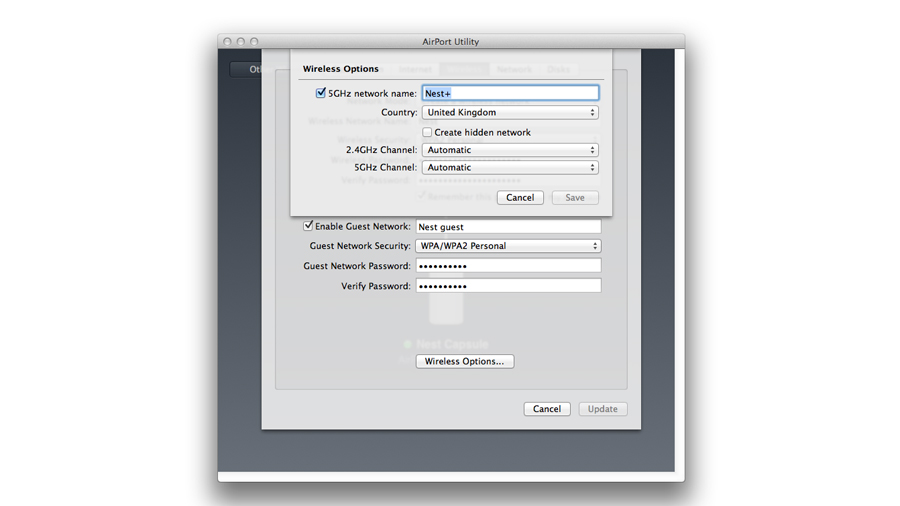Faster Wi-Fi: what's the secret?
Speed up your wireless network
The need for speed
How fast the internet is piped into your home depends on many factors

Every router has a port labelled 'WAN', which stands for Wide Area Network. It's the port used to plug into your phone line or cable socket to connect it to the internet. For all our attempts to maximise the performance of your network, if all you do with it is connect to the internet (rather than, say, stream video around the house or mirror an iPad over AirPlay), it's that connection that will be the bottleneck.
While 802.11n has a theoretical maximum throughput of 450Mbps (that's megabits; equivalent to 37.5 megabytes/sec) your internet connection is likely to have a maximum data rate of somewhere between 2Mbps and 120Mbps. Most of us have connections at the bottom end of that range, and like Wi-Fi, the real-world figure is much lower than the theoretical maximum. You can check the actual speed of your internet connection by heading to speedtest.net and running the test there; it's a good way of discovering how close to your ISP's advertised rate you're actually getting. It compiles results from users' tests and from those puts together league tables of ISPs. So if you're not happy with yours, you can look at which ISPs are delivering data throughput that more closely resembles their advertised rate.
It's worth doing the test at different times of day to see how the rate varies. Your internet connection is, in reality, 'shared' with your neighbours. That is to say, that if lots of people in your street use, for example, a BT or Virgin Media connection, you'll be effectively sharing bandwidth with them.
That's known as contention. Contention ratio - the degree to which bandwidth is shared - varies from ISP to ISP. But it it's likely that your internet connection will slow significantly at peak times, such as the evening, when your neighbours are also online.
There's another factor that affects your internet connection speed: traffic shaping or traffic management. Most ISPs use some form of management to limit the effect the most bandwidth-hungry users have on their network. Virgin Media, for example, throttles users' connections at peak times if they exceed a certain figure for downloads during a specified period.
It also limits the speed of traffic to and from newsgroups and peer-to-peer networks during peak times, but claims that this only affects five per cent of its customers. Other ISPs place limits on how much you can download in a month (which should be clearly stated in your contract) or, like Virgin, limit speeds for some users during peak times.
Get daily insight, inspiration and deals in your inbox
Sign up for breaking news, reviews, opinion, top tech deals, and more.
- Now why not read Best router: 10 top wireless routers for every budget